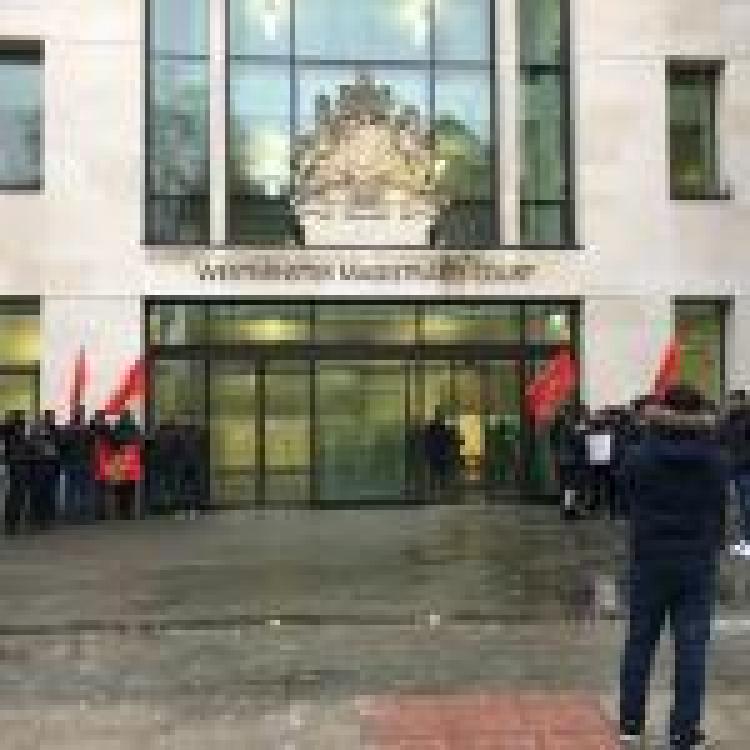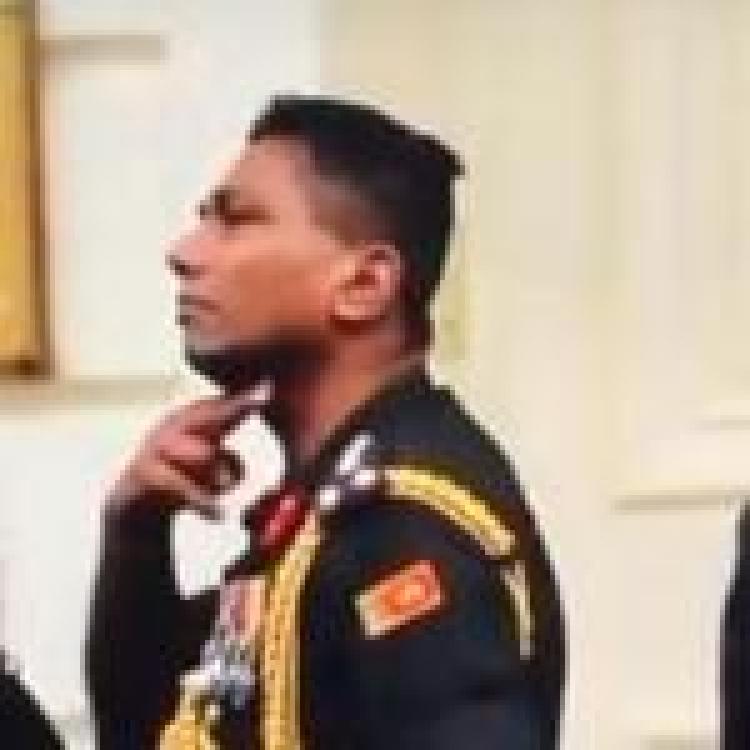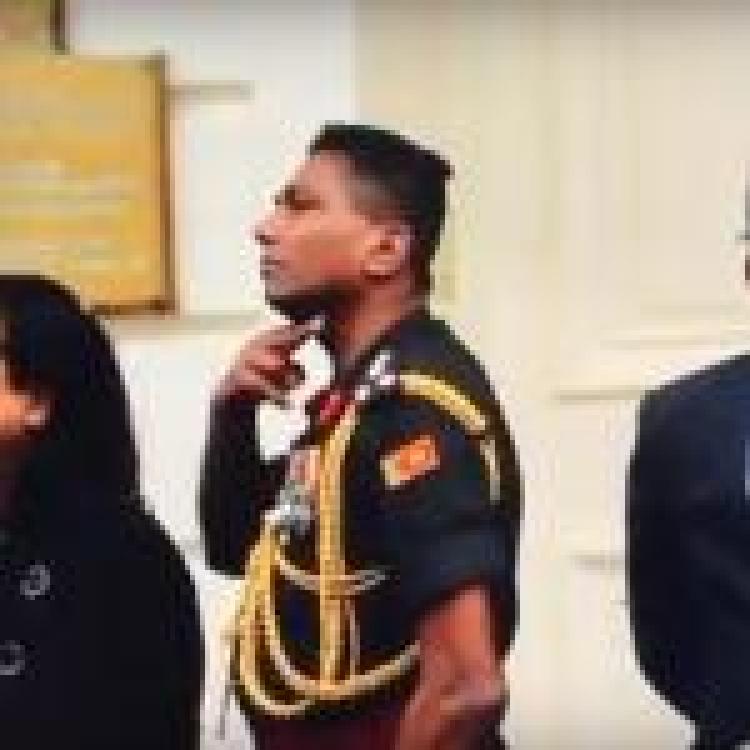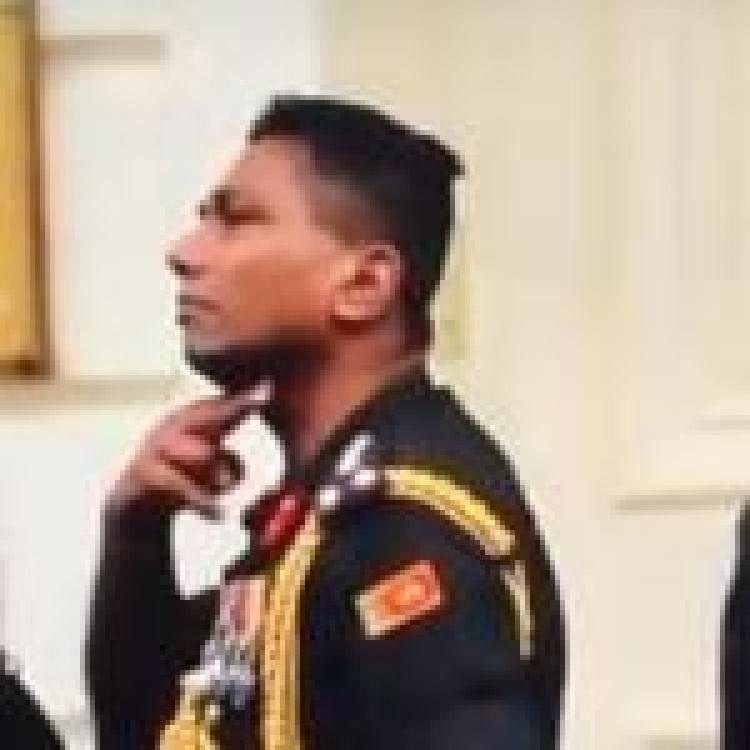A British MP has requested clarification as to whether the Foreign and Commonwealth Office (FCO) intervened in favour of withdrawing an arrest warrant issued on a Sri Lankan brigadier after he was found guilty of public order offences including threatening Tamil protesters in London last year.
Writing to the Foreign Secretary Jeremy Hunt about Brigadier Priyanka Fernando, the former military attaché at the Sri Lankan High Commission in London, Siobhain McDonagh MP said:
“A number of my constituents have contacted me raising the serious accusation that a meeting then took place between the Sri Lankan High Commissioner and the Foreign and Commonwealth Office that led to the arrest warrant being withdrawn.”
“Please can you outline whether this is indeed the case and, if so, on what basis the Foreign and Commonwealth Office has sought to intervene in the judicial process?”
Prior to the arrest warrant being revoked for the court to hear on the status of Fernando’s diplomatic immunity, the FCO said last month it was "providing documentation" to assist with the case.
"The FCO, which is not a party to these legal proceedings, has been contacted by Westminster Magistrate’s Court seeking clarification of the Brigadier’s diplomatic status in the UK at the time of the incident. The FCO is providing documentation to assist the court," the FCO spokesperson told Tamil Guardian.
"We were deeply concerned by the incident involving the Sri Lankan Defence Attaché last year and made immediate representations to the Sri Lankan Government. The Defence Attaché was recalled by his Government soon after," the FCO spokesperson added.
“The UK is committed to upholding the rule of law including the Vienna Convention on Diplomatic Relations.”
Fernando was found guilty of violating sections 5 and 4A of the Public Order Act, with the court stating that his actions were threatening, caused harassment, and that he intended them to be so.
A private prosecution was brought against the Sri Lankan soldier who was filmed motioning a death threat to Tamils in London last year, running his finger across his neck whilst dressed in full military uniform. He was attending a celebration at the Sri Lankan High Commission in the UK to mark ‘Independence Day’ at the time, whilst British Tamils held a demonstration outside with placards and Tamil Eelam flags. Sri Lankan officials were also seen photographing the protestors in an apparent act of intimidation.
The brigadier, who was stationed in Britain as Sri Lankan military attaché at the time, was tried in absence, with the Public Interest Law Centre stating that Fernando was “served with the bundle, documents, evidence, months before the prelim hearing”.




